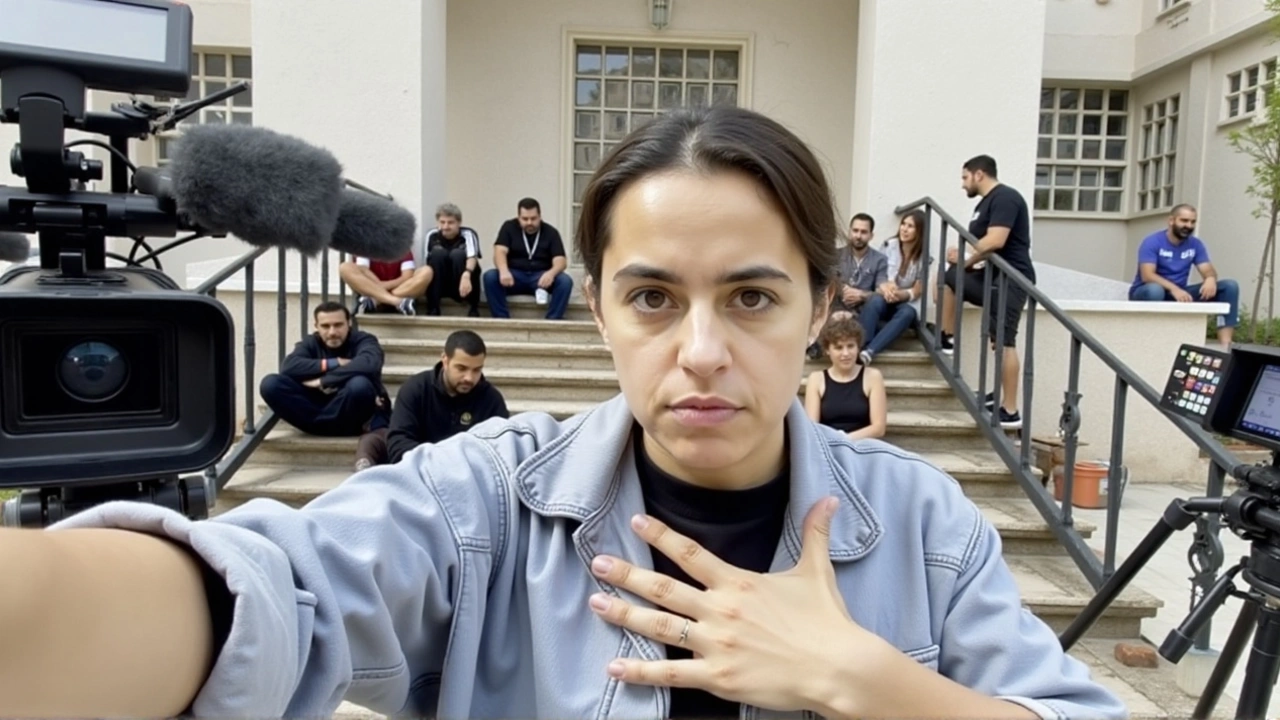Media Coverage: Emmy Nomination Sparks Debate Over Gaza Documentary
You've probably seen the headlines about the International Emmy Awards nominating Palestinian journalist Bisan Owda for her film Gaza: A Life Under Siege. The news has split opinion fast. Some say the nomination rewards powerful storytelling, while others argue it ignores Owda's past social media posts. Either way, the story gives a clear picture of how media decisions can ignite heated conversations.
Why the Emmy Nomination Matters
Emmys are a global benchmark for TV excellence. Getting a nod means the work has met high production standards and resonated with a wide audience. For Owda, the nomination puts the Gaza experience in front of millions who might never hear it otherwise. It also forces the awards body to defend its criteria: they say the choice was based on the documentary’s merit, not the filmmaker’s politics.
That defense matters because it sets a precedent. If award panels start weighing a creator’s personal history, it could limit the kinds of stories that get recognized. On the flip side, ignoring a creator’s background might seem like turning a blind eye to bias. The balance is delicate, and the Emmy case shows just how tricky it can be.
What the Controversy Reveals About Media Bias
When a story like this blows up, it highlights a bigger issue: who gets to decide what’s newsworthy. Critics of the nomination point to Owda’s earlier tweets that some label as one‑sided. Supporters argue that a journalist’s personal views don’t diminish the factual weight of a documentary that shows daily life in a conflict zone.
The backlash also uncovers how audiences split along political lines. Those who sympathize with Gaza see the nomination as validation, while others view it as propaganda. Social media amplifies both sides, turning a single award decision into a firestorm of commentary.
For regular readers, the takeaway is simple: always look beyond the headline. Ask if the coverage presents the facts, acknowledges multiple perspectives, and separates the creator’s personal stance from the story itself.
At Duma Travel News we keep an eye on stories that shape public opinion across Africa and beyond. The Emmy nomination is just one example of how media can influence perception, especially when the subject is as charged as the Gaza conflict.
So, what should you do with this info? Stay curious. When you see a controversy, check the original source—watch the documentary, read the Emmy’s official statement, and compare it with other reports. That way you form an opinion based on evidence, not just viral soundbites.
In the end, the Emmy story reminds us that media isn’t just about delivering news; it’s about shaping the conversation. Whether you agree with the nomination or not, the debate itself pushes the industry to be more transparent about its choices.
Keep coming back to our Media page for the latest updates on stories that matter, from award controversies to breaking news across the continent. We’ll keep breaking down the headlines so you can stay informed without the fluff.
Emmys Stand Firm on Controversial Nomination of Palestinian Journalist Bisan Owda for Her Gaza Documentary
- Jeremy van Dyk
- 14 Comments
The Emmy nomination of Palestinian journalist Bisan Owda has provoked controversy, with accusations of bias due to her past social media posts. Despite this, the International Emmy Awards have defended her nomination, emphasizing that it was based on the merits of her documentary 'Gaza: A Life Under Siege,' which portrays life in the Gaza Strip.
Read more

